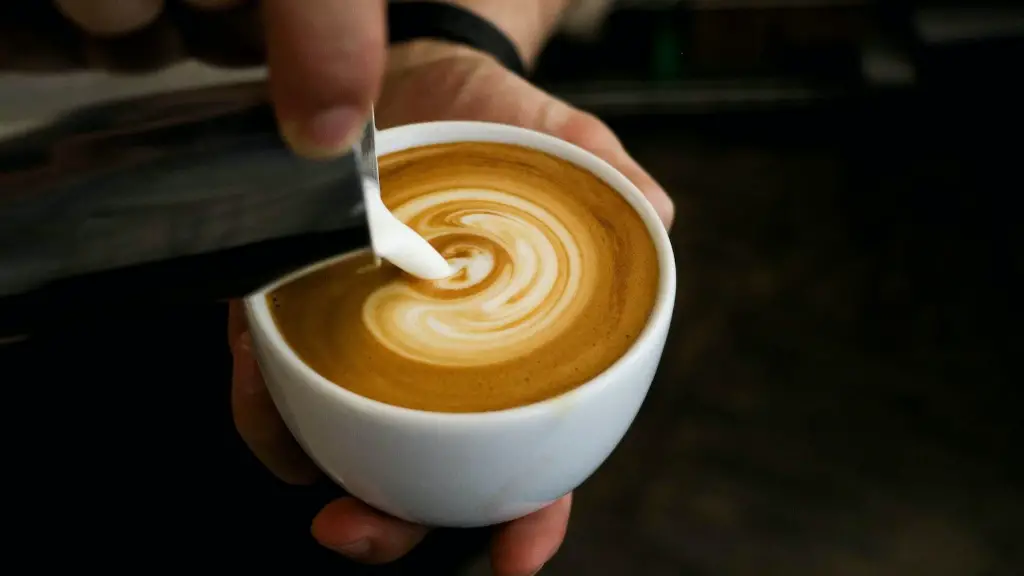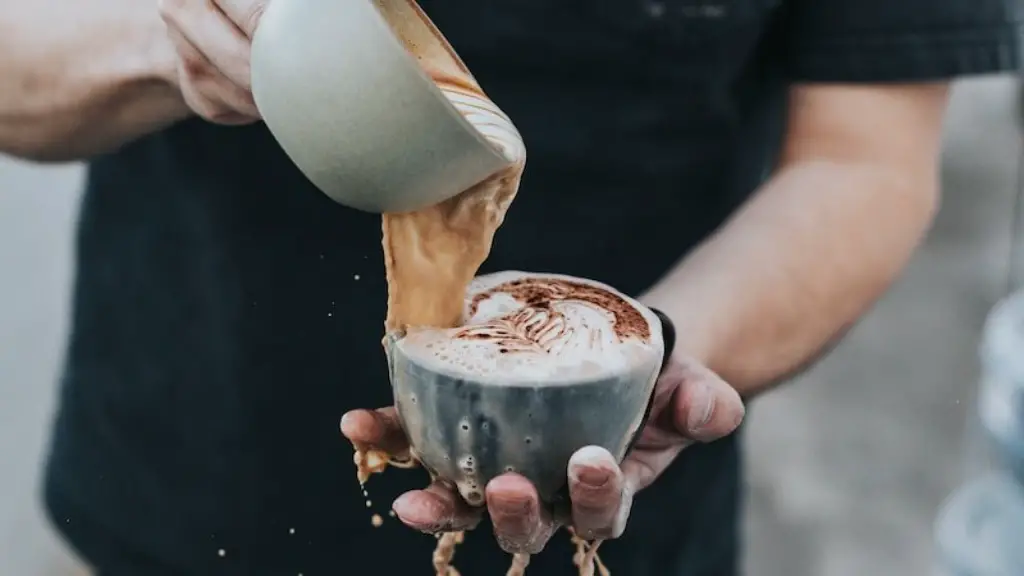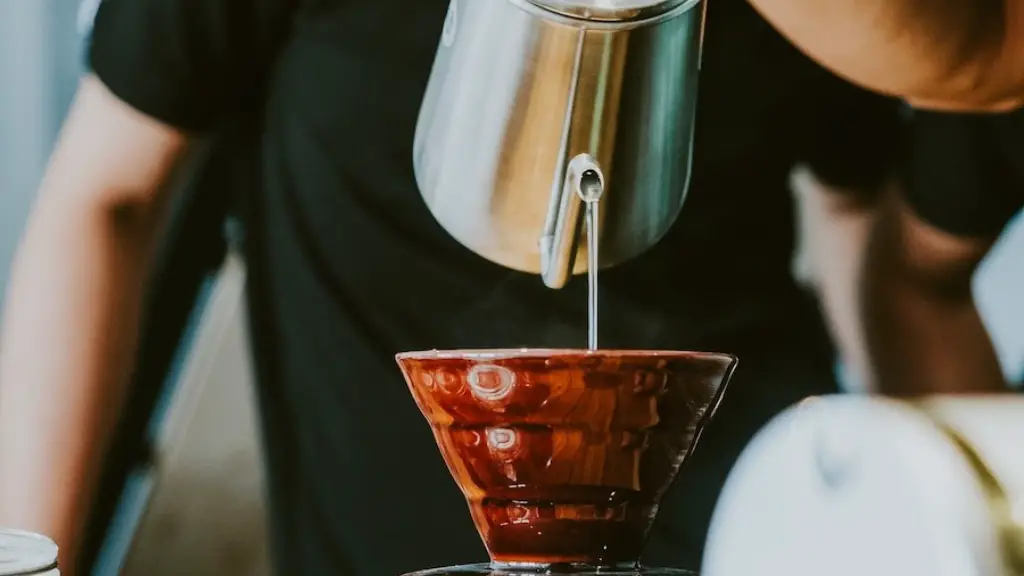How Much Coffee Can You Drink While Fasting?
Are you considering intermittent fasting and want to know if drinking coffee is allowed? Coffee is one of the most popular drinks in the world, loved for its energizing effects and bold flavour. But it is especially appreciated by those fasting, due to its ability to temporarily reduce hunger and make fasting less of a chore. But with so many different fasting protocols available, it can be difficult to figure out what the best fasting coffee-drinking practices are. Understanding the hydration, energy and calorie requirements of your fasting routine can help you decide how much coffee to drink while fasting.
Understanding the Impact of Hydration
To start off, one of the most important aspects of fasting is staying properly hydrated. According to the Institute of Medicine, men need about 3 liters of fluids per day, while women need about 2.2 liters. Coffee is mostly water, but it also contains small amounts of other ingredients that can make it difficult for your body to absorb and utilize. Drinks such as tea, juice, and carbonated beverages may also contain caffeine and other ingredients that could disrupt your body’s hydration balance. So if you want to stay hydrated while fasting, try to limit your overall caffeine intake and opt for non-caffeinated drinks like water and herbal teas.
The Energy Boost of Coffee
The other issue to consider is energy. If you’ve ever been on a fasting diet, you know just how hard it can be to stay energized. This is where coffee can come in handy. Coffee has been found to improve cognitive performance, mood, reaction time, alertness and more. It also contains essential minerals like magnesium, chromium and niacin which can help boost energy levels. But it’s important to remember that it’s best to stay within the recommended daily caffeine intake of 400 mg (about 4-5 cups of coffee). If you go over this, you could be overstimulated, which can result in headaches, fatigue, and other symptoms.
Calories and the Fasting Routine
The last factor to consider is calories. Generally, you’ll want to stay within the guidelines set by your doctor regarding calorie intake. But it can be difficult to control your calorie intake when you’re fasting. That’s why some people turn to coffee as an alternative. Coffee naturally contains almost no calories, so it can fit into most fasting diets. But it’s important to remember that most commercial coffees, such as the ones poured in drip makers or made with flavored syrups, contain added sugars and other ingredients that can add calories.
Conclusion
In conclusion, drinking coffee while fasting is a personal choice that should be made with care. Staying properly hydrated is essential, as is controlling your daily caffeine intake and watching your calorie intake. But if you do decide to have a cup of coffee while fasting, be sure to read the labels carefully and choose the healthiest options available.
Applying Coffee to your Fasting Plan
Different fasting protocols require different approaches when it comes to the amount of coffee you should drink. Autophagy fasting and intermittent fasting, for example, both involve limiting your calorie intake and therefore, limiting your coffee intake. On the other hand, fat fasting and OMAD (One Meal A Day) are said to be particularly compatible with daily coffee consumption as these fasting approaches generally focus on high-calorie/high-fat diets. The caffeine can help curb hunger while enjoying the nutritional benefits of your daily meal.
Combined Fasts
Combined fasting approaches, such as the 16:8 diet and the 5:2 diet, also focus on restricting calorie intake. They combine fasting with a regular eating schedule. For these fasting protocols, it is usually recommended to consume 1 to 2 cups of coffee during the fasting periods. This will help curb hunger and boost your energy level without compromising your calorie intake.
Options for Low-Caffeine Coffees
Sensitive to high doses of caffeine? No problem! There are many low-caffeine coffee options. Cold brew coffee, for example, is much lower in caffeine than hot drip coffee. Additionally, different coffee beans contain different levels of caffeine. Light roasted coffee generally has more caffeine than dark roasted coffee. It is important to read the labels to choose the coffee that is best for your individual needs.
Dietary Adjustments
Adjusting your coffee intake for fasting doesn’t mean you have to give up your favourite coffee-drink recipes. Try out a non-dairy alternative creamer like nut milk or a sugar-free syrup if you need a sweetener. If you normally add heavier dairy to your coffee, make it a point to drink more water during your fasting periods.
Know Your Limits
At the end of the day, drinking coffee while fasting is all about moderation. Everyone has their own unique needs and limits, and it’s important to know yours. When deciding how much coffee to drink while fasting, try not to exceed the daily recommended 400 mg caffeine limit. Doing so can lead to caffeine overload, which can leave you feeling jittery and irritable, and can disrupt your body’s natural balance. Instead, focus on consuming the right amount of coffee to suit your particular fasting routine.


